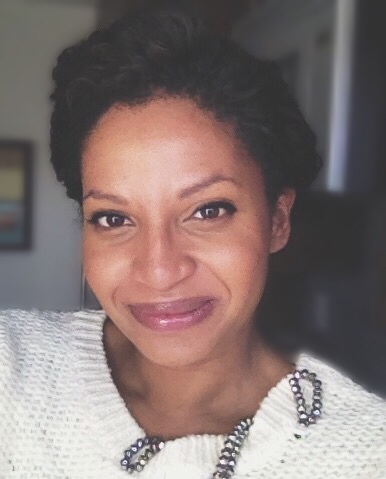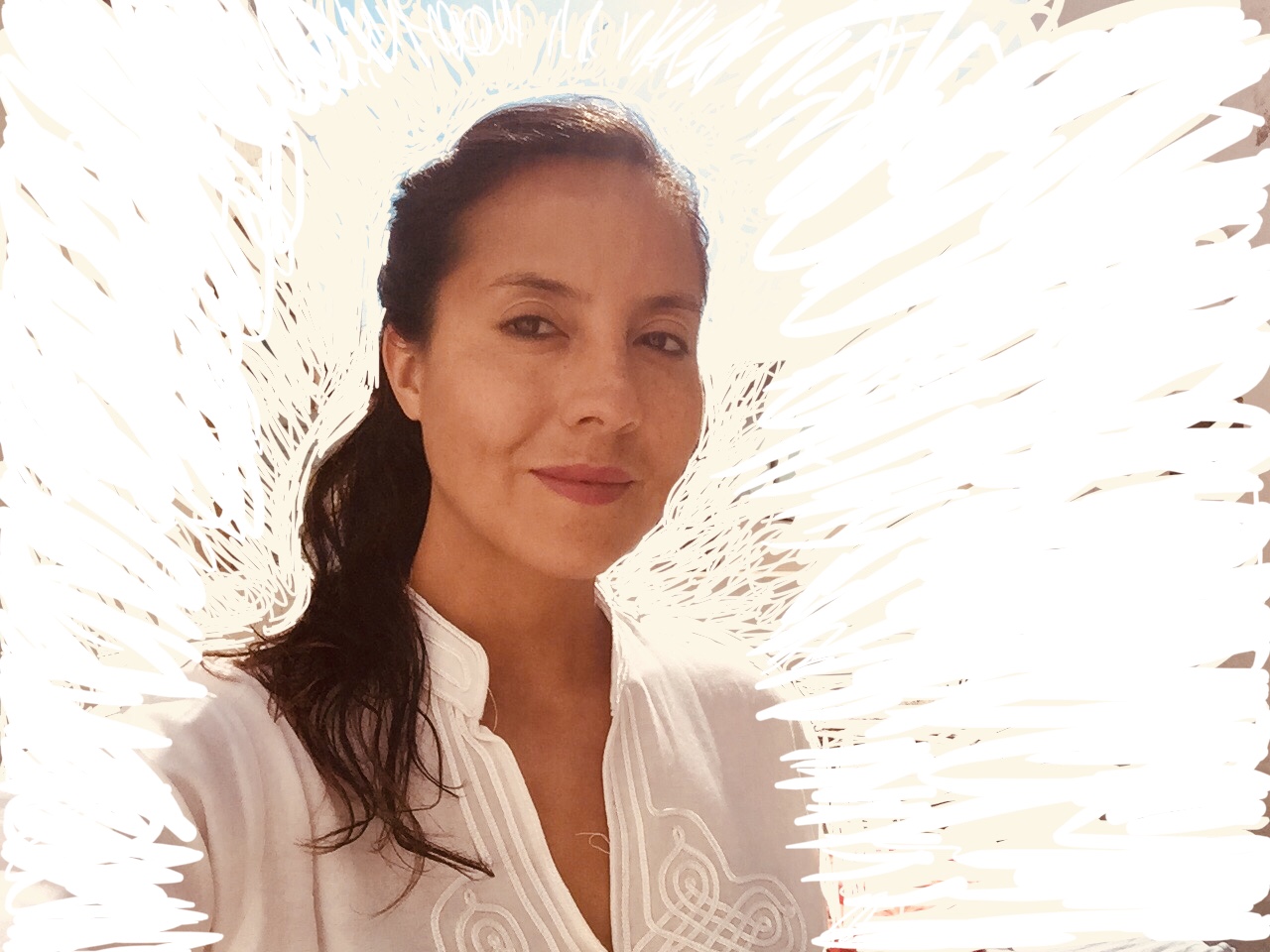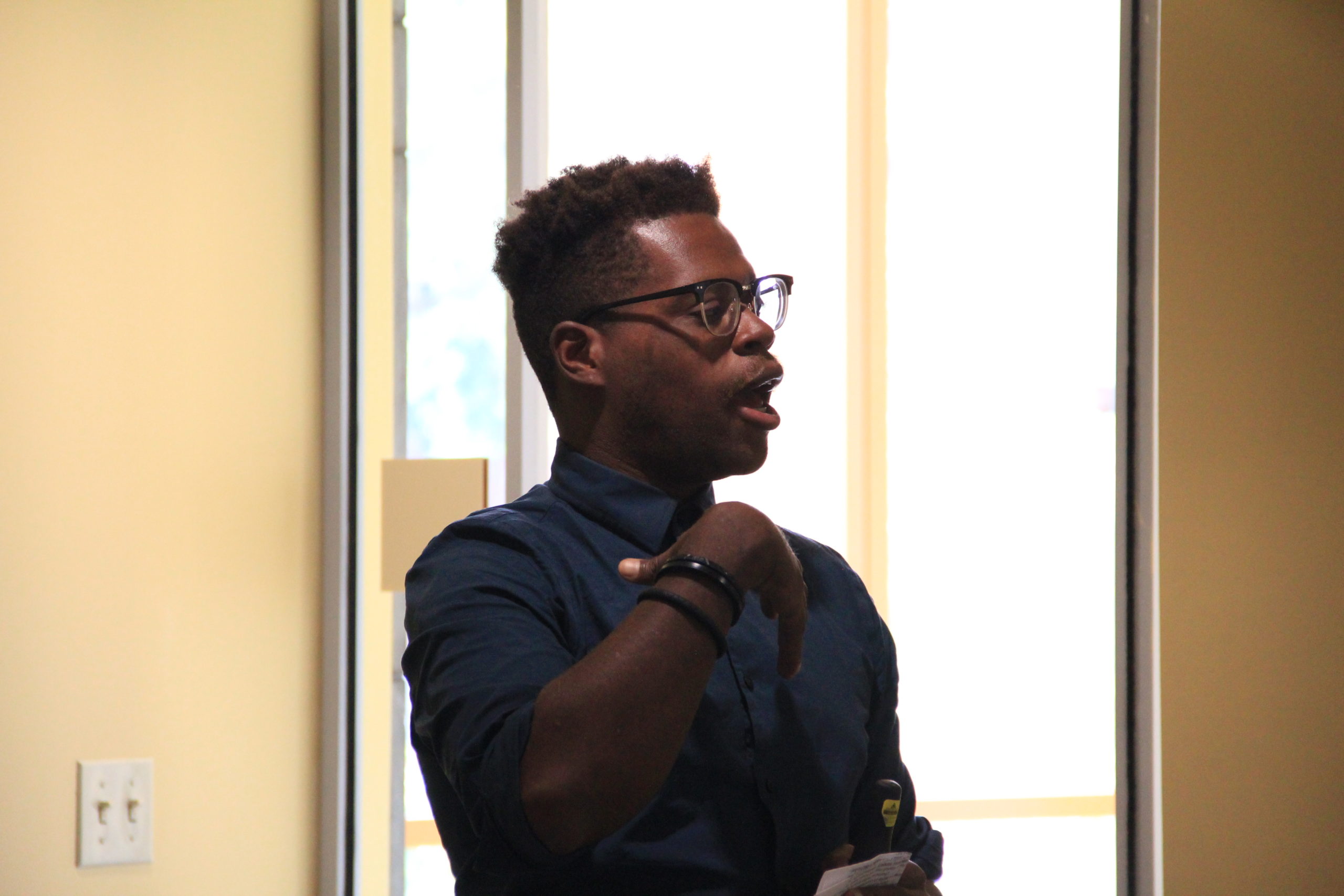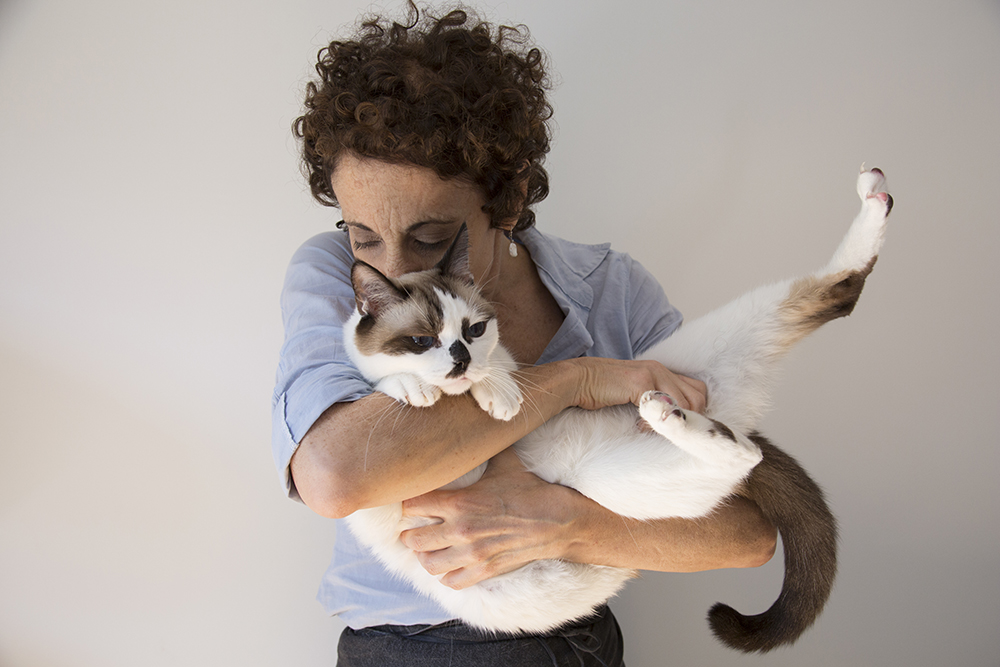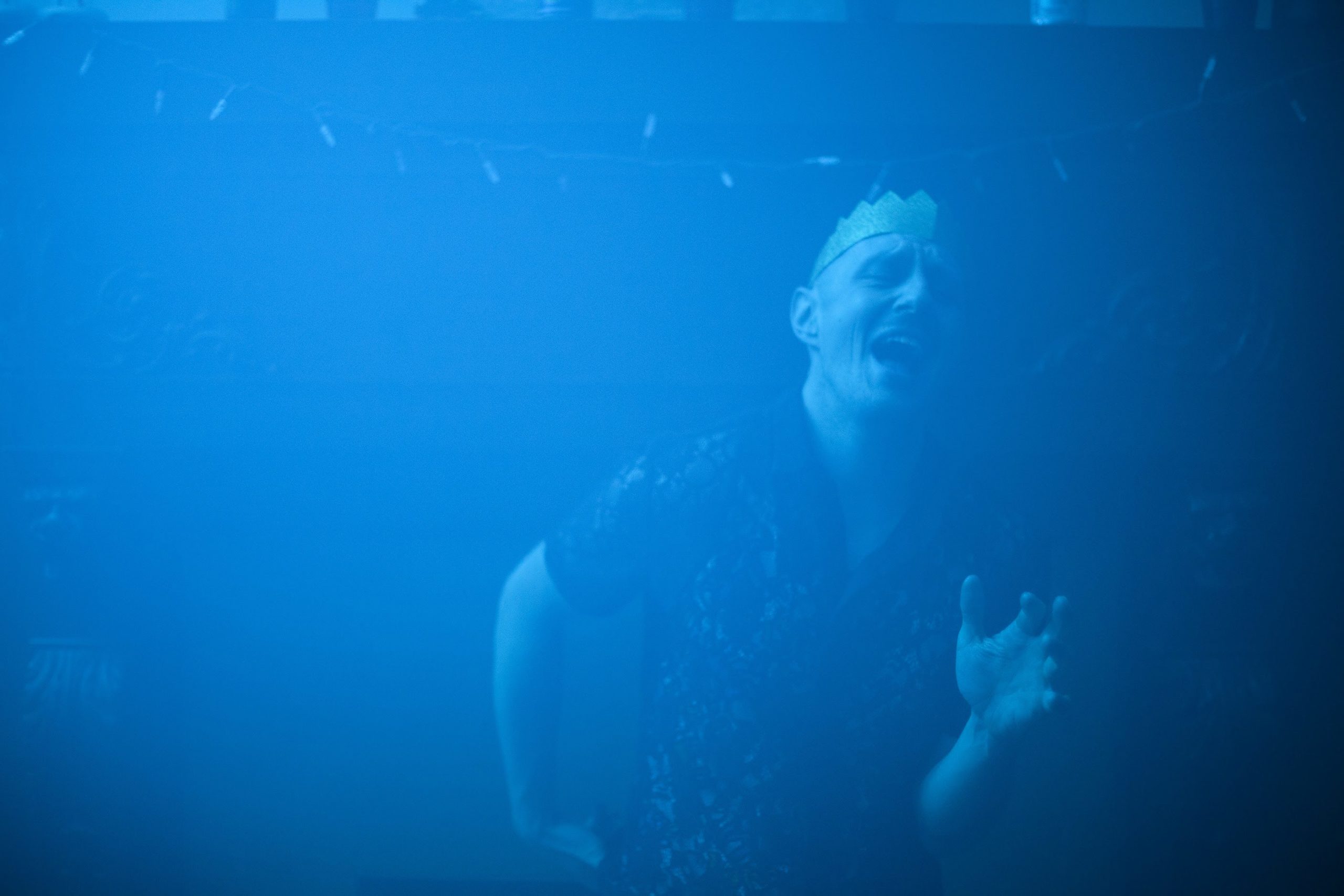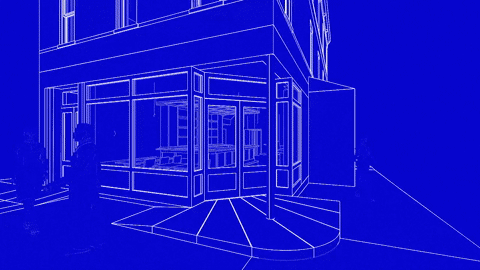Apr 26, 2019 at 10:00 am – Apr 28, 2019 at 5:00 pm
Archiving with the Ear: Oral History for Documentary Art
Led by Nyssa Chow
As a practice, oral history is centered on the preservation of the past from a subjective lens, relying on individual narrators and personal memories to capture lived experience beyond the historical record. Its value lies in its specificity, and the ability to collect a version of past events that has been buried, lost or ignored.
This 3-day intensive will introduce participants to the techniques and possibilities of oral history practice, and the ways that this work can be brought into the process of art-making. We will look at the oral history as an act of spontaneous literature — one that contains both the individual story, and the larger context. How can we employ oral history practices in a socially engaged practice of art-making? How can we think of oral history as a “listening art”?
Participants will learn the process of interviewing with an art practice in mind and will experiment with interviewing techniques that will invite a meaningful telling of experience. We will take on the challenge of conducting a focused oral history interview, and participants will have the opportunity to reflect on their experience of listening.
Guest presentations, hands-on practice and technical workshops will allow participants to see oral histories engaged across art practices and mediums. Guest instructors including Ted Kerr, Fernanda Espinosa, Obden Mondesir and more Natalie Bookchin will share their practice engaging oral history techniques across film, audio and community engagement projects.
Workshop topics will include: engaged listening; interviewing techniques and ethics; community practice; incorporating the archive and more.
Details
Open to everyone at any experience level, though the workshop setting is best suited for writers, filmmakers, audio producers, scholars, curators, media/sound artists and emerging oral historians.
Before the course, you will be asked for your bio and a short statement of interest that should briefly describe your experience,.
$300 early bird registration by April 10th, 2019 at 5PM; $285 for members.
$350 regular registration; $335 for members.
In order to keep costs down, this workshop is a BYOL, i.e. bring your own laptop. Students must be fully proficient using and operating their computers.
To register for a workshop, students must pay in full via card, check, or cash . After the early bird registration deadline of March 29th, course fees are not refundable or transferable and any withdrawals or deadlines will result in the full cost of the class being forfeit. There will be no exceptions. To withdraw from a course please email info-at-uniondocs.org.
In the event that a workshop does not receive sufficient enrollment, it may be canceled. Students will be notified at least 48 hours prior to the start of a cancelled workshop and will be refunded within 5 business days. If we reschedule a workshop to another date, students are also entitled to a full refund. UnionDocs reserves the right to change instructors without prior notification, and to change class location and meeting times by up to an hour with 48 hours prior notice.
Please note: Participants are accepted on a first-come, first-serve basis.
Schedule
Friday, Apr 26
Introductions (5-minute interview/listening exercise)
AM: Nyssa Chow
Oral History As Spontaneous Literature: The Interview
In this session, participants will learn the process of interviewing with an art practice in mind. At the end of the season they will have an assignment: They will be asked to conduct a 1-hr interview using the approach discussed. This will be due in the second session of this workshop on Sunday.
PM: Fernanda Espinosa
Orality, both performed and quotidian, can be an eloquent and often poetic site to acknowledge different ways of knowing. The oral form is transmitted through languages, including the visual, and each has its own cultural and epistemic context. In this session, we will look at some examples of artists working from and with oral history and the visual. We will then discuss ways of thinking of these languages and how that can add to the meaning and expand the listening range of our creative intentions.
Saturday, Apr 27
AM: Obden Mondesir
In this Oral History workshop, participants will be introduced to the techniques and methods of oral history fieldwork such as planning a project, conducting an interview, mic placement, sound assessment, creating metadata, equipment usage and properly archiving digital born objects.
PM: Natalie Bookchin
Sunday, Apr 28
AM: Ted Kerr
Oral history can be understood as a co-creation between a narrator and an oral historian, working together to create a record of the past, in the present, which may be of use in the future. Within this definition are contemporary tactics of memorialization, which aim to both capture history, while making space for current lived realities.
In this two hour session Theodore (ted) Kerr will discuss how oral history plays into his work as a writer, organizer and artist whose work focuses primarily on HIV/AIDS. Specifically he will share his recent scholarship around the question of how to have a monument to AIDS amid the ongoing epidemic, and the role that oral histories play in this work. By the end of the session, participants will have had a chance to further consider the intersection between the HIV, oral history and memorialization.
PM: Hands-on Workshop with Nyssa Chow
Oral History As Spontaneous Literature: Interpretation and Translation
Now that the attendees have conducted their own interviews, and have been immersed in the possibilities of oral history, genre and practice, we can have a productive session on how:
— To find the form that responds to the maker’s intention
— To interpret the Life Story (ie. Translating Experience into public facing work)
Each day follows this general structure, with some minor variations and substitutions:
Warm up, inspiring references, case study.
Presentation by guest speaker
Share / Discussion / Exercise
Presentation by guest speaker
Workshop Exercise + Critique
Nyssa Chow works at the intersection of ethical, engaged listening and the translation of experience. In her practice as an oral historian, she begins with the idea that oral history is “spontaneous literature.” She then decides which form best evokes — and makes visceral — the lived experience of history. Chow was the 2018 recipient of the PEN/Jean Stein Grant for Literary Oral History for the book project, Still. Life. The immersive literary oral history project The Story of Her Skin won the Columbia University Jeffrey H. Brodsky Oral History Award. She is a recipient of the Hollywood Foreign Press Association Grant, the Women in Film and Television Fellowship, the Toms Fellowship, the Academy of Motion Picture Arts and Sciences Foundation Award, the Zaki Gordon Award for Excellence in Screenwriting, as well as a Sloan Foundation grant. Chow serves as Writer-in-Residence at Fordham University and as a professor in the Oral History Masters program at Columbia University. She has been invited to speak about her work and approach to oral history at institutions such as George Washington University, New York University, Skidmore College, and others. Born and raised in Trinidad, she is a graduate of the Columbia University M.F.A. Film program and the Columbia University Oral History Masters program. Chow is a Princeton University Arts Fellow for 2019-21.
Fernanda Espinosa is an oral historian and cultural organizer based in New York and Quito. She has been generating, listening to, and interpreting oral histories to inform creative public interventions that aspire to act as platforms for resistance and dialogue. She is the co-founder and coordinator of Cooperativa Cultural 19 de enero (CC 1/19), an ongoing art and oral transmissions collaboration with visual artists. She is a former member and co-founder of People’s Collective Arts/Colectivo de Arte Popular and is currently the Associate Manager of StoryCorps’ Mobile Tour program.
Fernanda holds a degree in Oral History from Columbia University, where her thesis was awarded the 2018 Jeffrey H. Brodsky Oral History Award, and undergraduate degrees in Cultural Anthropology and Latin American Literature.
Obden Mondesir is the Oral History Project Manager at the Weeksville Heritage Center. He conducts public training, development of oral history collections, educational outreach, and public programming. He is currently working on an oral history project around Black Owned Restaurants in Central Brooklyn in collaboration with CCHR and through funding by the DCLA. He is also an adjunct lecturer of archival studies at Queens College.
Natalie Bookchin is an artist whose work exposes social realities that lie beneath the surface of life lived under the glare and the shadow of the Internet.
Her critically acclaimed films and installations have been exhibited around the world including at MoMA, LACMA, PS1, Mass MOCA, the Walker Art Center, the Pompidou Centre, MOCA LA, the Whitney Museum, the Tate, and Creative Time. She has received numerous grants and awards, including from Creative Capital, California Arts Council, the Guggenheim Foundation, the Durfee Foundation, the Rockefeller Foundation, California Community Foundation, the Daniel Langlois Foundation, a COLA Artist Fellowship, the Center for Cultural Innovation, the MacArthur Foundation, a NYSCA Individual Artist Fellowship, a NYFA Opportunity Grant and most recently a NYSCA/MAAF award, among others.
Bookchin is a professor of Media and Graduate Director in the Department of Art & Design at Mason Gross School of the Arts at Rutgers University. She lives in Brooklyn.
Canadian born Theodore Kerr is a Brooklyn based writer, organizer and artist whose work focuses on HIV/AIDS, community, and culture. Kerr’s writing has appeared in Women’s Studies Quarterly, The New Inquiry, BOMB, CBC (Canada), Lambda Literary, POZ Magazine, The Advocate, Cineaste, The St. Louis American, IndieWire, HyperAllergic, and other publications. Kerr earned his MA from Union Theological Seminary where he researched Christian Ethics and HIV. Currently, Kerr teaches at The New School. In 2016 / 2017 Kerr performed 10 interviews for the Smithsonian’s Archives of American Art’s Visual Arts and the AIDS Epidemic: An Oral History Project. Kerr received his oral history training from Suzanne Snider as part of the Oral History Summer School. He was a member of the New York City Trans Oral History Project. Working with the Brooklyn Historical Society, Kerr indexed their AIDS oral history project. Kerr is a founding member of the What Would An HIV Doula Do? collective, a community of people committed to better implicating community within the ongoing response to HIV/AIDS. TEDKERR.CLUB




